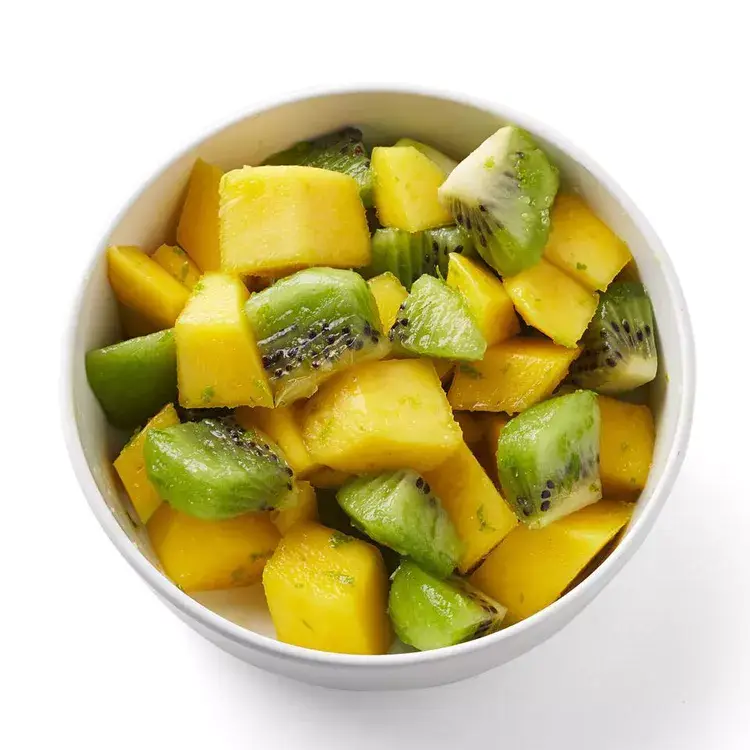Vitamin C, also known as ascorbic acid, is a powerhouse nutrient that plays a vital role in maintaining overall health. Found in a variety of fruits and vegetables, this water-soluble vitamin is celebrated for its wide-ranging benefits, from boosting immunity to promoting radiant skin.
Whether you’re sipping on orange juice or popping a supplement, vitamin C is a key player in supporting your body’s well-being. In this article, we’ll explore the science-backed benefits of vitamin C and why it deserves a spot in your daily routine. This article contains affiliate links.
1. Boosts Immune System Function.
One of the most well-known benefits of vitamin C is its ability to strengthen the immune system. Vitamin C supports the production and function of white blood cells, which are essential for fighting off infections and pathogens. It also acts as an antioxidant, protecting immune cells from damage caused by free radicals. Studies have shown that regular intake of vitamin C can reduce the duration and severity of common colds, making it a go-to nutrient during flu season. While it may not prevent colds entirely, it can help your body recover faster.
2. Promotes Healthy Skin
Vitamin C is a skincare superstar. It’s a key ingredient in many serums and creams for a reason—it supports collagen production, which keeps skin firm, plump, and youthful. As an antioxidant, vitamin C also protects the skin from damage caused by UV rays and pollution, reducing signs of ageing like wrinkles and dark spots. Additionally, it can help brighten the complexion by reducing hyperpigmentation and promoting an even skin tone. Whether applied topically or consumed through diet, vitamin C is a must for glowing, healthy skin.
3. Supports Heart Health
Your heart loves vitamin C! This nutrient helps protect the cardiovascular system by reducing oxidative stress and inflammation, both of which contribute to heart disease. Vitamin C also improves blood vessel function and helps lower blood pressure in some individuals. Research suggests that adequate vitamin C intake may reduce the risk of heart disease by supporting healthy cholesterol levels and preventing the oxidation of LDL (“bad”) cholesterol. Including vitamin C-rich foods in your diet is a heart-smart choice.
4. Enhances Iron Absorption
If you struggle with low iron levels or anemia, vitamin C can help. It enhances the absorption of non-heme iron (the type found in plant-based foods) in the digestive tract, making it easier for your body to utilize this essential mineral. Pairing vitamin C-rich foods like bell peppers, strawberries, or citrus fruits with iron-rich foods like spinach or lentils can maximize iron absorption, supporting healthy red blood cell production and energy levels.
5. Acts as a Powerful Antioxidant
Vitamin C is a potent antioxidant, meaning it helps neutralize harmful free radicals that can damage cells and contribute to chronic diseases like cancer and heart disease. By reducing oxidative stress, vitamin C protects tissues throughout the body, including the eyes, brain, and joints. This antioxidant power also supports overall longevity and vitality, making vitamin C a key player in healthy aging.
6. Supports Wound Healing
Vitamin C is essential for tissue repair and wound healing. It plays a critical role in collagen synthesis, which is necessary for forming connective tissue, skin, and blood vessels. Adequate vitamin C levels can speed up the healing process for cuts, scrapes, and even surgical wounds. This is why vitamin C is often recommended for post-surgery recovery or for individuals with slow-healing wounds.
7. May Improve Mood and Mental Health
Emerging research suggests that vitamin C may have a positive impact on mental health. Oxidative stress and inflammation in the brain are linked to mood disorders like depression and anxiety. As an antioxidant, vitamin C may help reduce these factors, potentially improving mood and cognitive function. Some studies have also found that vitamin C supplementation can reduce feelings of fatigue and stress, making it a nutrient worth considering for mental well-being.

Both Kiwi and Mango are a great source of Vitamin C.
8. Easy to Incorporate Into Your Diet
One of the best things about vitamin C is how easy it is to get enough of it. It’s abundant in many delicious foods, including:
- Citrus fruits (oranges, lemons, grapefruits)
- Berries (strawberries, blueberries)
- Bell peppers (especially red and yellow varieties)
- Leafy greens (kale, spinach)
- Broccoli and Brussels sprouts
- Kiwi and mango
For those who need a boost, vitamin C supplements are widely available and affordable. However, it’s best to get your nutrients from whole foods whenever possible to benefit from the additional fibre, vitamins, and minerals they provide.
How Much Vitamin C Do You Need?
The recommended daily intake of vitamin C varies by age and gender but generally falls around 75–90 mg for adults. Smokers and those under high stress may need more due to increased oxidative stress. I recommend taking a high strength Vitamin C supplement of at least 1000 mg daily to really see a change. Always consult with a healthcare provider if you’re considering high-dose supplements.
Final Thoughts:
Vitamin C is a versatile and essential nutrient that supports immunity, skin health, heart health, and more. Its antioxidant properties and role in collagen production make it a cornerstone of overall wellness. By incorporating vitamin C-rich foods into your diet or using supplements wisely, you can harness its benefits to feel and look your best. So, grab an orange, toss some bell peppers into your salad, or sip on a refreshing smoothie—your body will thank you for the vitamin C boost!
This is the Vitamin C supplement that I take. It is the cheapest 1000 mg bottle that I've found. You can order it here.

Add comment
Comments